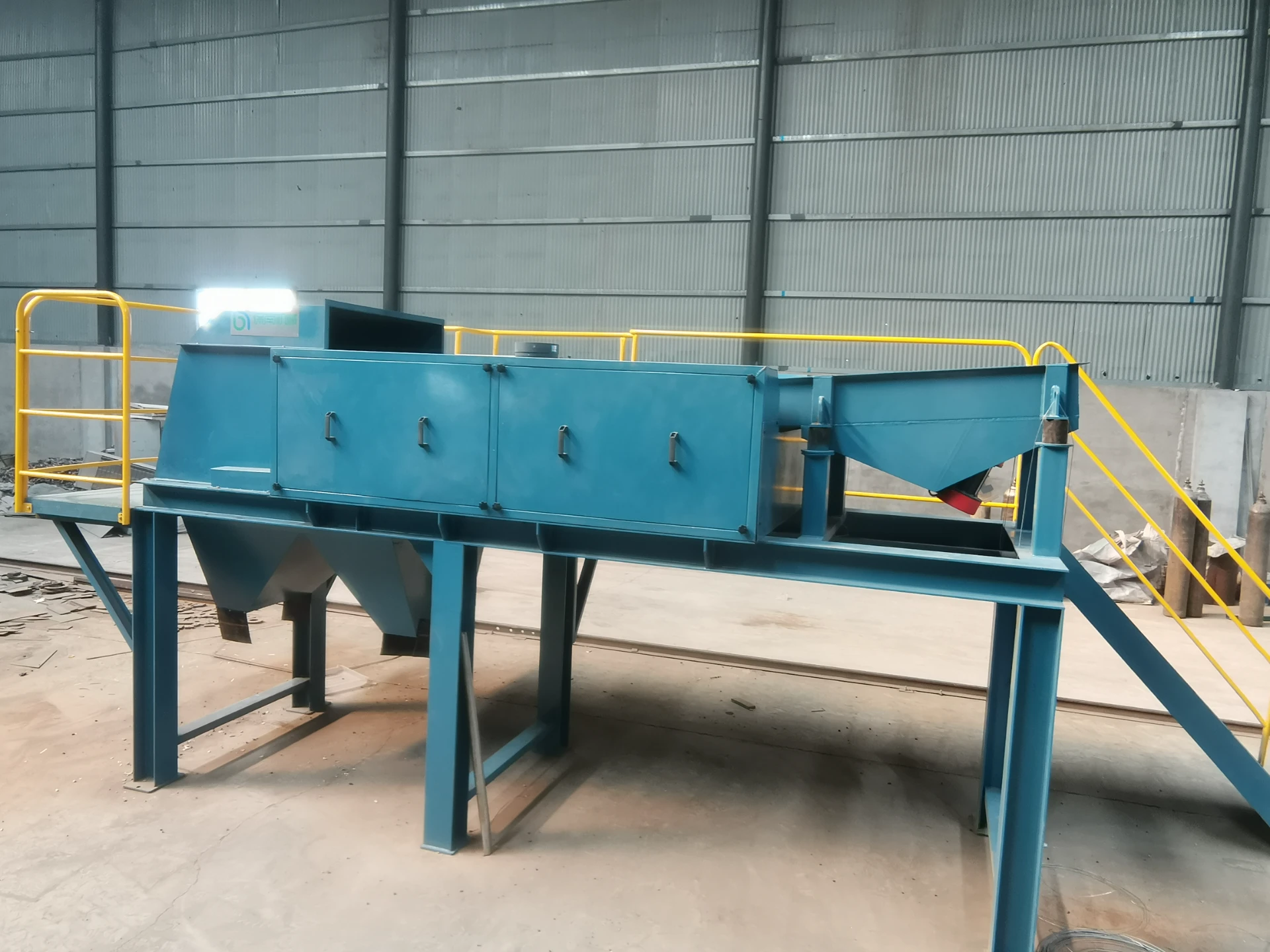

តុលា . 12, 2024 07:40 Back to list
Industrial Garden Waste Shredder An Eco-Friendly Solution for Waste Management
In the era of sustainable development, the management of garden waste has become a significant concern for industrial sectors. As urbanization continues to expand, the volume of organic waste produced by gardens, parks, and landscaping establishments grows exponentially. This situation necessitates efficient waste management techniques, with one of the most effective solutions being the industrial garden waste shredder. These machines not only help in reducing waste volume but also play a crucial role in recycling efforts and promoting a greener environment.
Understanding Industrial Garden Waste Shredders
An industrial garden waste shredder is designed specifically for processing large quantities of organic waste materials, such as leaves, branches, and shrubbery. These shredders utilize powerful blades and robust mechanisms to chop garden debris into smaller pieces. This reduction in size not only makes the waste easier to handle but also enhances the efficiency of subsequent processing methods, such as composting or biomass energy production.
Why Shredding Garden Waste is Important
1. Volume Reduction One of the primary benefits of using a garden waste shredder is the significant reduction in the volume of waste. Garden waste can occupy considerable space, leading to storage challenges and increased disposal costs. Shredding reduces the bulk, making it easier to store, transport, and manage.
2. Enhanced Composting Shredded garden waste decomposes faster than whole pieces due to the increased surface area exposed to microorganisms. This accelerated decomposition process aids in the production of high-quality compost, which can be used to enrich soil in gardens and agricultural settings. The shredder, therefore, not only minimizes waste but also contributes to the creation of valuable resources.
3. Reduction of Landfill Contribution Sending organic waste to landfills contributes to methane emissions, a potent greenhouse gas. By shredding and composting garden waste, industries can divert a significant percentage of this organic material away from landfills, thereby reducing their carbon footprint and promoting sustainability.

4. Production of Biomass Fuel In addition to composting, shredded garden waste can be repurposed into biomass fuel. Biomass, being a renewable energy source, can be used in various applications, from heating to electricity generation. The shredding process facilitates easier handling and processing of this material for energy production.
Choosing the Right Industrial Shredder
When selecting an industrial garden waste shredder, various factors should be considered
- Capacity The capacity of the shredder should align with the volume of waste generated by the operation. A higher capacity machine is ideal for large-scale operations, whereas smaller models may suffice for moderate waste generation. - Blade Quality The efficiency of shredding largely depends on the quality of the blades. Look for shredders equipped with durable, sharp blades designed for cutting through tough garden materials, including branches and trunks.
- Mobility and Size Depending on the location and type of waste generated, consider whether a stationary or mobile shredder is more appropriate. Mobile shredders provide flexibility, allowing operators to transport the machine to different sites as needed.
- Ease of Maintenance Regular maintenance is crucial for keeping shredders functional. A machine designed for ease of maintenance can save time and reduce operational downtime.
Conclusion
The industrial garden waste shredder represents an essential component of modern waste management in the garden and landscaping industry. By effectively reducing waste volume, enhancing composting efforts, and contributing to renewable energy production, these machines play a vital role in promoting sustainable practices. As industries increasingly recognize the importance of eco-friendly solutions, investing in a garden waste shredder can lead to significant environmental benefits while also supporting the goal of a circular economy. By embracing such technology, businesses can not only improve their waste management processes but also contribute to a more sustainable future for our planet.
Latest news
The Future of Metal Recycling: Revolutionizing Waste Management
NewsMay.14,2025
Optimizing Waste with Recycling Lines
NewsMay.14,2025
Municipal Solid Waste Sorting Line: Revolutionizing Waste Management
NewsMay.14,2025
Metal Shredders: Essential Tools for Efficient Recycling
NewsMay.14,2025
Maximize Your Profits with a Copper Wire Granulator
NewsMay.14,2025
Home Metal Shredder: A Smart Choice for Your Home Recycling Needs
NewsMay.14,2025